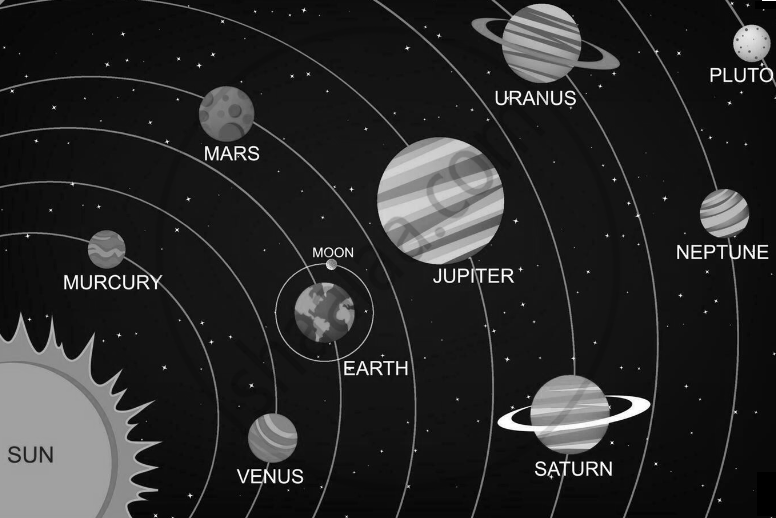Topics
Our World
- Planet
- The Shape of the Earth
- Earth as the Home of Humankind and the Conditions that Exist
- Earth Grid (Geographic Grid)
- Concept of Latitudes
- Concept of Longitudes
- The Great Circles
- Rotation and Revolution
- Revolution of the Earth
Structure of the Earth
- Earth’s Structure
- Landforms of the Earth
- Mountains
- Plateaus
- Plains
- Rock and it's Types
- Rock and it's Types
- Rock Cycle
- Types of Volcanoes
- Types of Volcanoes
- Types of Volcanoes
- Distribution of Volcanoes in the World
- Effect of Volcanoes
- Earthquake and its causes
- Earthquake and its causes
- Earthquake
- Earthquake Zones of the World
- Weathering
- Chemical Weathering
- Biological Weathering
- Physical Weathering
- Denudation
- Stages of a River Course and Associated Land Forms
- Wind
Hydrosphere
- Hydrosphere
- Tides
- Ocean Currents
Atmosphere
- Composition of the Atmosphere
- Atmosphere and Its Layers
- Ozone in the Stratosphere
- Depletion
- Global Warming
- Insolation
- Terrestrial Radiation
- Factors Affecting Temperature
- Atmospheric Pressure
- Pressure Belts
- Factors Affecting Direction and Velocity of Wind
- Permanent Winds
- Periodic Winds
- Local Winds
- Variable Winds
- Jet Streams
- Humidity
- Concept of Condensation (Liquefaction)
- Precipitation
- Rainfall and It's Types
Pollution
- Pollution and Its Types
- Noise Pollution
- Air Pollution and Its Causes
- Water Pollution and Its Causes
- Soil Pollution and its Causes
- Radiation
- Effects of Pollution
- Preventive Measures of Pollution
Natural Regions of the World
- Natural Regions of the World
- Equatorial Region
- Tropical Grasslands
- Tropical Deserts
- Tropical Monsoon
- Mediterranean
- Temperate Grasslands
- Taiga and Tundra
Map Work
Planets
The heavenly bodies that do not twinkle are called planets. Planets do not have light of their own. They get light from the stars. Planets revolve around a star, even as they rotate around themselves.
- Earth is a planet orbiting the Sun with Mars, Jupiter, and Saturn. Each planet varies in size, temperature, and composition.
- Some planets, such as Earth, have land and water, while others, such as Jupiter, are mostly composed of gas.
- Planets are important because they are where life, like plants, animals, and humans, can exist.

If you would like to contribute notes or other learning material, please submit them using the button below.
